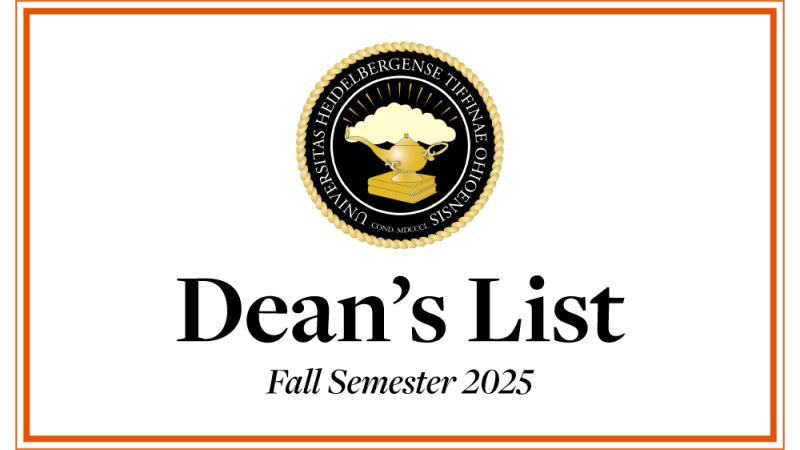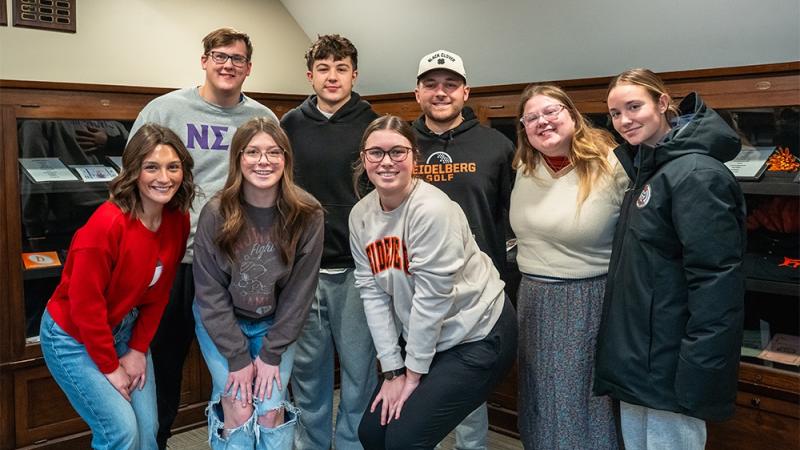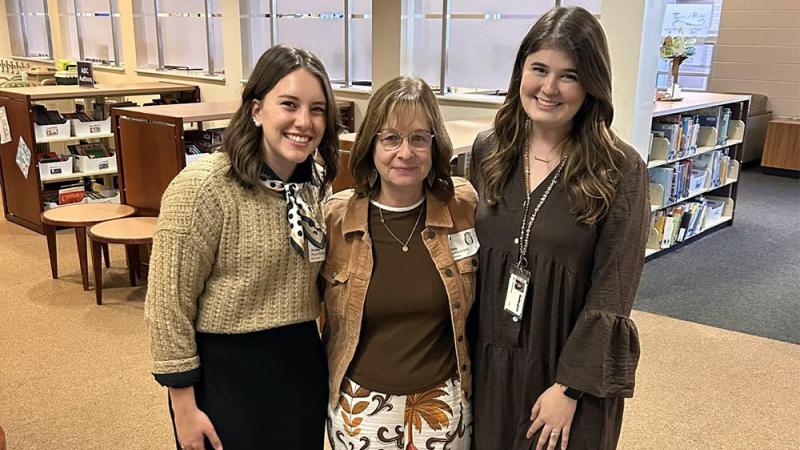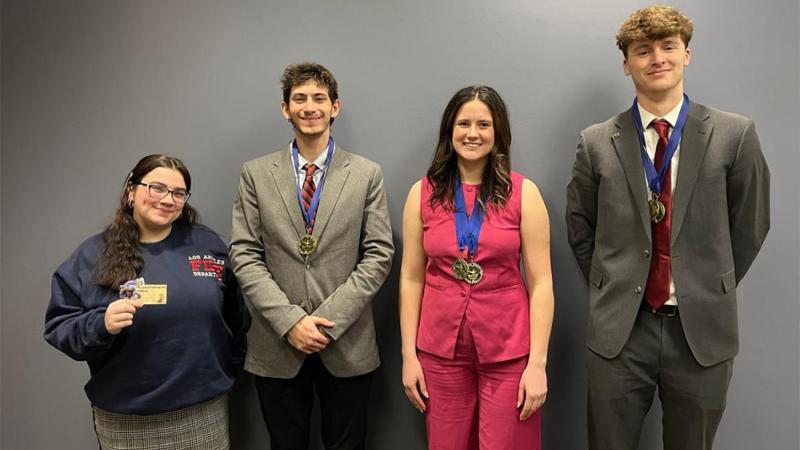The zigs, zags of a career in research
There may just be a discrepancy between what people think researchers do vs. what they really do. But it all boils down to learning critical skills and diverse perspectives that can position students for just about any career.
Dr. Julie Reynolds, who is on the faculty of the Biology Department at Duke University, shared her sometimes messy and chaotic but always fun and exciting path as a participant and mentor in research as the keynote speaker for today’s Minds@Work Student Research Conference.
“I thought my path through my career would be linear, but the path to success is rarely linear,” said Reynolds. She started as an undergrad public policy major, studying transportation issues in Los Angeles. Her next turn was as an assistant to a San Diego State University professor planning a major conference, which led to a year-long internship at a marine sanctuary, studying the economics of the fisheries industry.
“Why did they hire me? Because they needed someone with a strong work ethic, a proven track record in research and the skills to ask questions and follow up.”
Grad studies took many pivots from economics to ecology to biology, getting married and starting a family and landing at Duke as a writing instructor for first-year students – one of the first scientists to be hired for the position. In that role, Reynolds said she began to learn areas that caused students to struggle. With a colleague, they decided to turn that into a research project to devise innovative strategies to help students succeed in the classroom.
“So even though I was in the Biology Department, I discovered I could still do science education research,” she said.
Throughout her career, Reynolds said research has taught her four things: critical thinking skills, communication skills, a diverse perspective and quantitative skills. “As undergrads, you need to develop these skills. We want you to go deep into something. That’s why we require you to major in something.”
Reynolds said she has encountered colleagues who don’t understand the value of her work. Her response: “Lay low. Don’t just tell them they’re wrong, but find ways to prove it.”
There have been roadblocks along the way, but Reynolds is still energized by synthesizing ideas and “connecting them to the outcomes we want from students and the programs we create.”
She offered several life lessons for students to contemplate:
- There will be detours, but don’t be discouraged. See those as opportunities.
- When someone underestimates you, prove them wrong with your good work
- Don’t buy into the myth of effortless perfection. It doesn’t exist.
- Content is cheap and easy to come by. Know how to think critically about it.
- Find your community.
Throughout the day today, about 80 ’Berg students who have worked with faculty sponsors are presenting their research projects as part of the 25th annual Student Research Conference. The top-ranked presentations will be honored with Hammel Prizes at the Student Awards Celebration on April 26.




